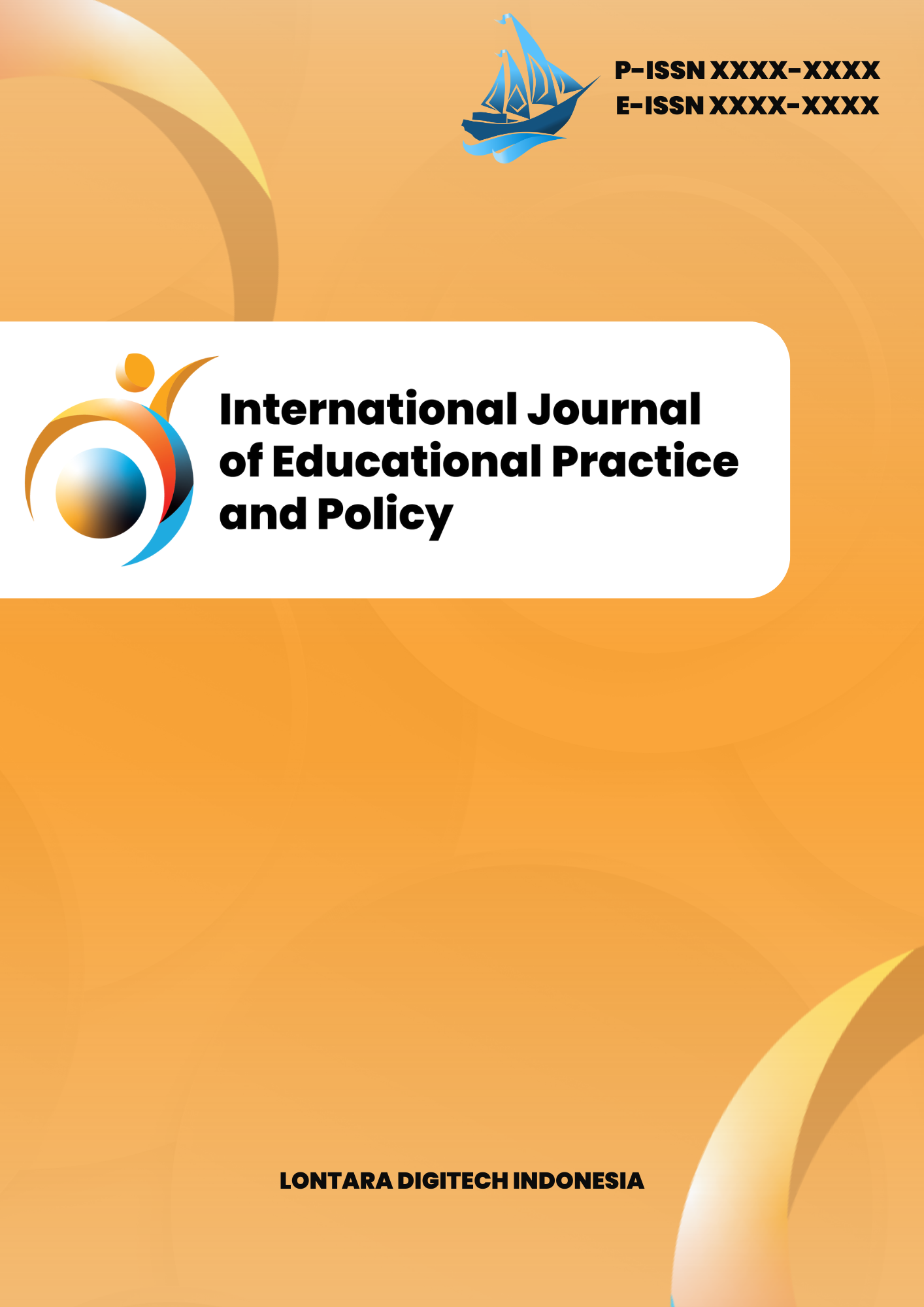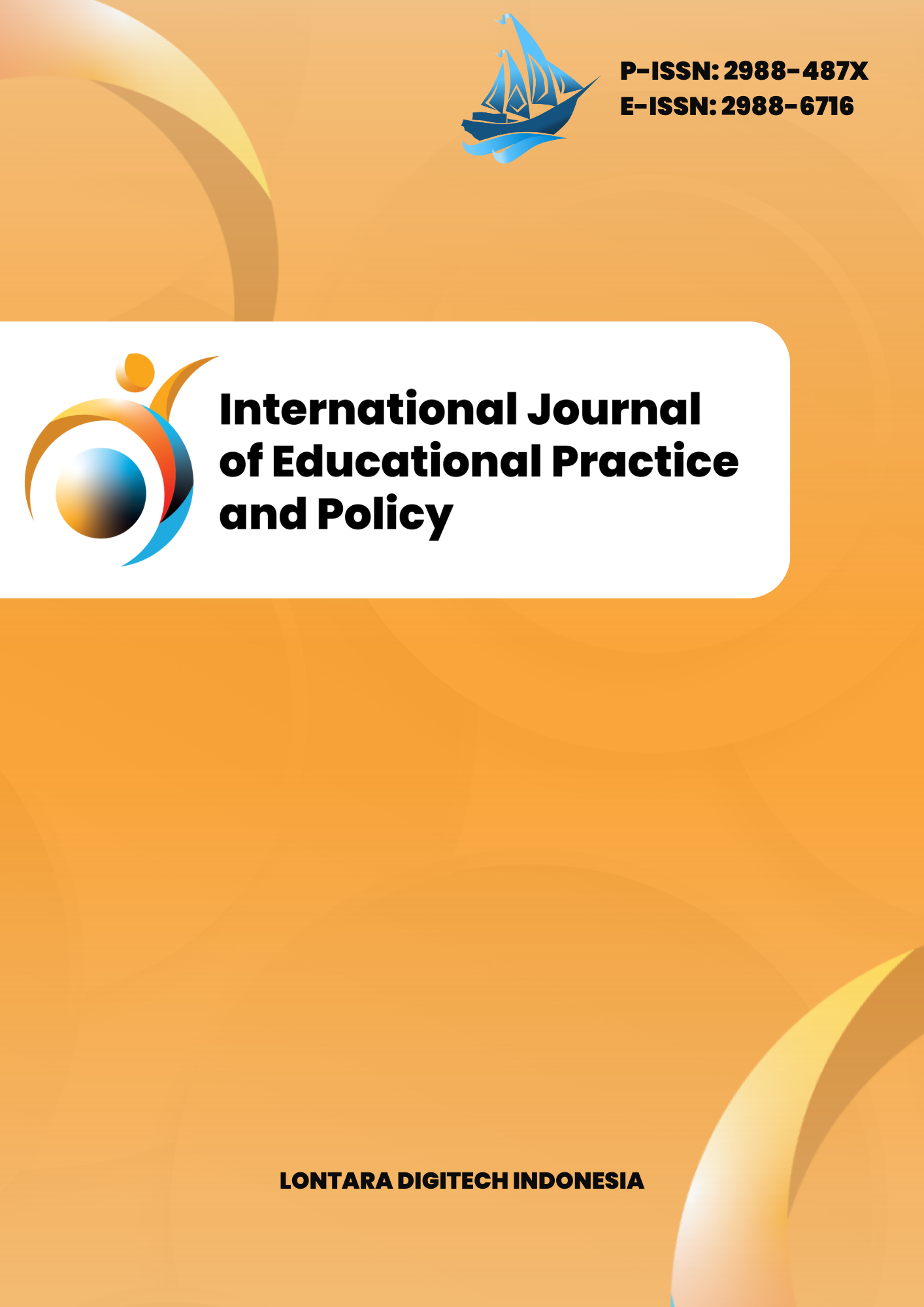Artificial Intelligence Use and Effects on Academic Task Quality and Efficiency: A Study in Higher Education
DOI:
https://doi.org/10.61220/Keywords:
Artificial intelligence, academic task, higher educationAbstract
This study explores the impact of artificial intelligence (AI) use on the quality and efficiency of academic tasks among students in higher education. The widespread integration of AI tools—such as ChatGPT, Perplexity, and other language models—has significantly influenced learning behaviors, information access, and task completion processes. The purpose of this study is to investigate how the use of AI technologies affects students’ ability to produce academic tasks with higher quality and in a more time-efficient manner, while also identifying possible drawbacks such as overreliance. A mixed-method approach was employed, combining quantitative data collected through questionnaires with qualitative insights gained from interviews. A total of 80% of the surveyed students reported frequent use of AI tools in their academic work, with ChatGPT being the most preferred platform. Results indicate that 85% of students perceived a positive impact of AI on task quality, while 75% reported improved efficiency. The qualitative data supported these findings, highlighting enhanced understanding, faster idea generation, and reduced workload. However, concerns regarding dependence and ethical use were also raised. This study concludes that AI holds substantial potential to support academic performance, but its integration must be guided by responsible usage and critical awareness in educational contexts.
References
Çela, E., Fonkam, M. M., & Potluri, R. M. (2024). Risks of AI-Assisted Learning on Student Critical Thinking. International Journal of Risk and Contingency Management, 12(1), 1–19. https://doi.org/10.4018/ijrcm.350185
Darwin, Rusdin, D., Mukminatien, N., Suryati, N., Laksmi, E. D., & Marzuki. (2024). Critical thinking in the AI era: An exploration of EFL students’ perceptions, benefits, and limitations. Cogent Education, 11(1). https://doi.org/10.1080/2331186X.2023.2290342
Erbas, I., & Maksuti, E. (2024). The Impact of Artificial Intelligence on Education. International Journal of Innovative Research in Multidisciplinary Education, 03(04). https://doi.org/10.58806/ijirme.2024.v3i4n01
Fitria, T. N. (2021). Artificial Intelligence (Ai) in Education: Using Ai Tools for Teaching and Learning Process. Prosiding Seminar Nasional & Call for Paper STIE AAS, 4(1), 134–147. https://www.blackboard.com/teaching-learning/learning-
Ihekweazu, C., Zhou, B., Conference, E. A.-P. of the I., & 2023, undefined. (2023). The Use of Artificial Intelligence in Academic Dishonesty: Ethical Considerations. Iscap.Us, 1–10. https://iscap.us/proceedings/2023/pdf/5957.pdf
Jayatissa, K. A. D. U. (2023). Generation Z – A New Lifeline: A Systematic Literature Review. Sri Lanka Journal of Social Sciences and Humanities, 3(2), 179–186. https://doi.org/10.4038/sljssh.v3i2.110
Lin, Z. (2024). Techniques for supercharging academic writing with generative AI. Nature Biomedical Engineering, April. https://doi.org/10.1038/s41551-024-01185-8
Lund, B. D., Lee, T. H., Mannuru, N. R., & Arutla, N. (2025). AI and Academic Integrity: Exploring Student Perceptions and Implications for Higher Education. Journal of Academic Ethics, April. https://doi.org/10.1007/s10805-025-09613-3
Ouyang, F., Jiao, P., Alavi, A. H., & McLaren, B. M. (2022). Artificial intelligence in STEM education: Current developments and future considerations. Artificial Intelligence in STEM Education: The Paradigmatic Shifts in Research, Education, and Technology, May 2023, 3–14. https://doi.org/10.1201/9781003181187-2
Xu, W., & Ouyang, F. (2022). The application of AI technologies in STEM education: a systematic review from 2011 to 2021. International Journal of STEM Education, 9(1). https://doi.org/10.1186/s40594-022-00377-5
Downloads
Published
Issue
Section
License
Copyright (c) 2025 Nadia Febrian Sitanggang, Gita Magdalena Pasaribu, Grace Sihombing, Rahel Jesiska Pinem, Eka Yuli Yana, Cahaya Marsinta Sitinjak, Rini Juliana Sipahutar (Author)

This work is licensed under a Creative Commons Attribution-ShareAlike 4.0 International License.























 Email : ijepp@lontaradigitech.com
Email : ijepp@lontaradigitech.com